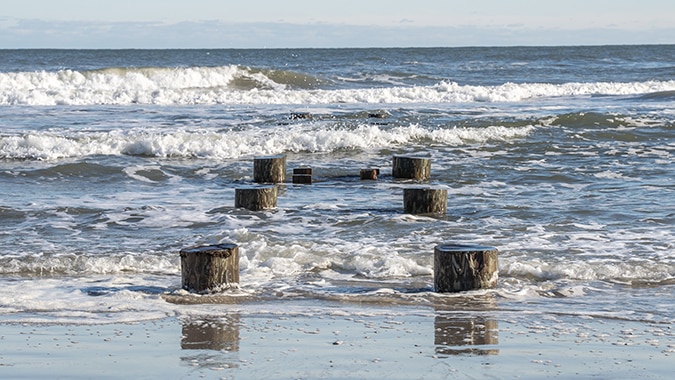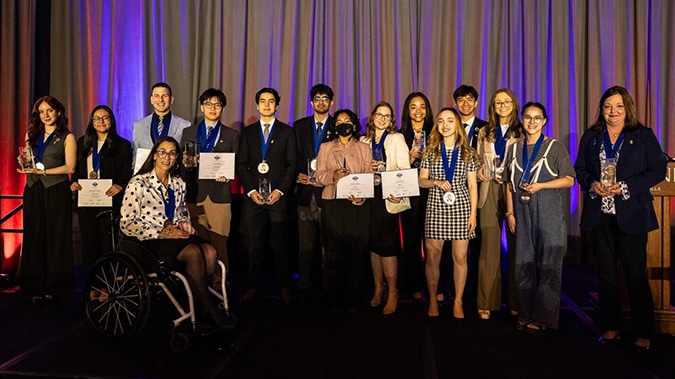The number of job openings in New Jersey has doubled over two decades, but now about two-thirds of jobs remain unfilled each month, leaving employers increasingly dependent on temporary foreign workers to pick crops, mow the greens at golf courses and work in summer amusement parks.
“There’s just too few unemployed people to fill the open jobs in New Jersey,” said David Bier, associate director of immigration studies at the Cato Institute, at a recent online discussion presented by NJBIA and the Garden State Immigration Policy Institute about the difficulties New Jersey employers have securing temporary visas for foreign seasonal workers.
Laurie-Ann Flanagan, executive vice president at DCLRS who does immigration consulting work on behalf of businesses, said employers are frustrated by the arbitrary federal cap on the number of temporary H-2B visas issued to foreign workers for nonfarm seasonal employment. Businesses need this visa program to fill temporary jobs for landscapers, hotel workers at summer resorts, seafood processing and more when there are not enough U.S. workers available for these jobs.
The H-2B program has a 66,000 cap for the entire country. In New Jersey 3,881 foreign workers were admitted in the last fiscal year with temporary H-2B visas that are good for up to 10 months.
“As an employer, you have to work with four government agencies: the state workforce agency, the U.S. Department of Labor, the U.S. Department of Homeland Security and then the workers are interviewed by the U.S. State Department,” Flanagan said. “It is an expensive program, and not an easy program, but it would work well if not for this arbitrary cap of 66,000 workers.
“We really need a long-term solution to the cap," Flanagan said. “There are employers that have applied for the program and qualified to bring in temporary workers, but they are getting ‘capped out’ because of this arbitrary cap that as put in place in 1990 by Congress.”
Bier, Flanagan and the other state and national experts who participated in The Urgent Need for Temporary Foreign Workers in New Jersey’s Economy on Dec. 1 also discussed the challenges with other types of visas, including the H-2A temporary visa program that employers use to bring in foreign agricultural workers, and the J-1 temporary visa program used by Six Flags Great Adventure, The Steel Pier in Atlantic City, Morey’s Piers in Wildwood and other New Jersey tourism businesses that hire foreign college students to work amusement park rides and concessions during the summer months because there are not enough local residents available to do these jobs.
The panelists included:
- David J. Bier, Associate Director of Immigration Studies at the Cato Institute
- Anthony Catanoso President/Principal Owner, Steel Pier Associates, LLC
- Laurie-Ann Flanagan, Executive VP at C. Legislative and Regulatory Services (DCLRS) and Co-Chair of the H-2B Workforce Coalition
- Peter Furey, Executive Director, NJ Farm Bureau
- Lori Jenssen, Executive Director at New Jersey Nursery and Landscape Association
- Theresa Cardinal Brown, Managing Director, Immigration and Cross-Border Policy at the Bipartisan Policy Center
- Patrick McGovern, Esq., Partner at the Genova Burns law firm who specializes in immigration
- Nicholas V. Montalto, Co-Founder & Coordinator New Jersey Business Immigration Coalition
To view the entire recording of the panel discussion, go here.


